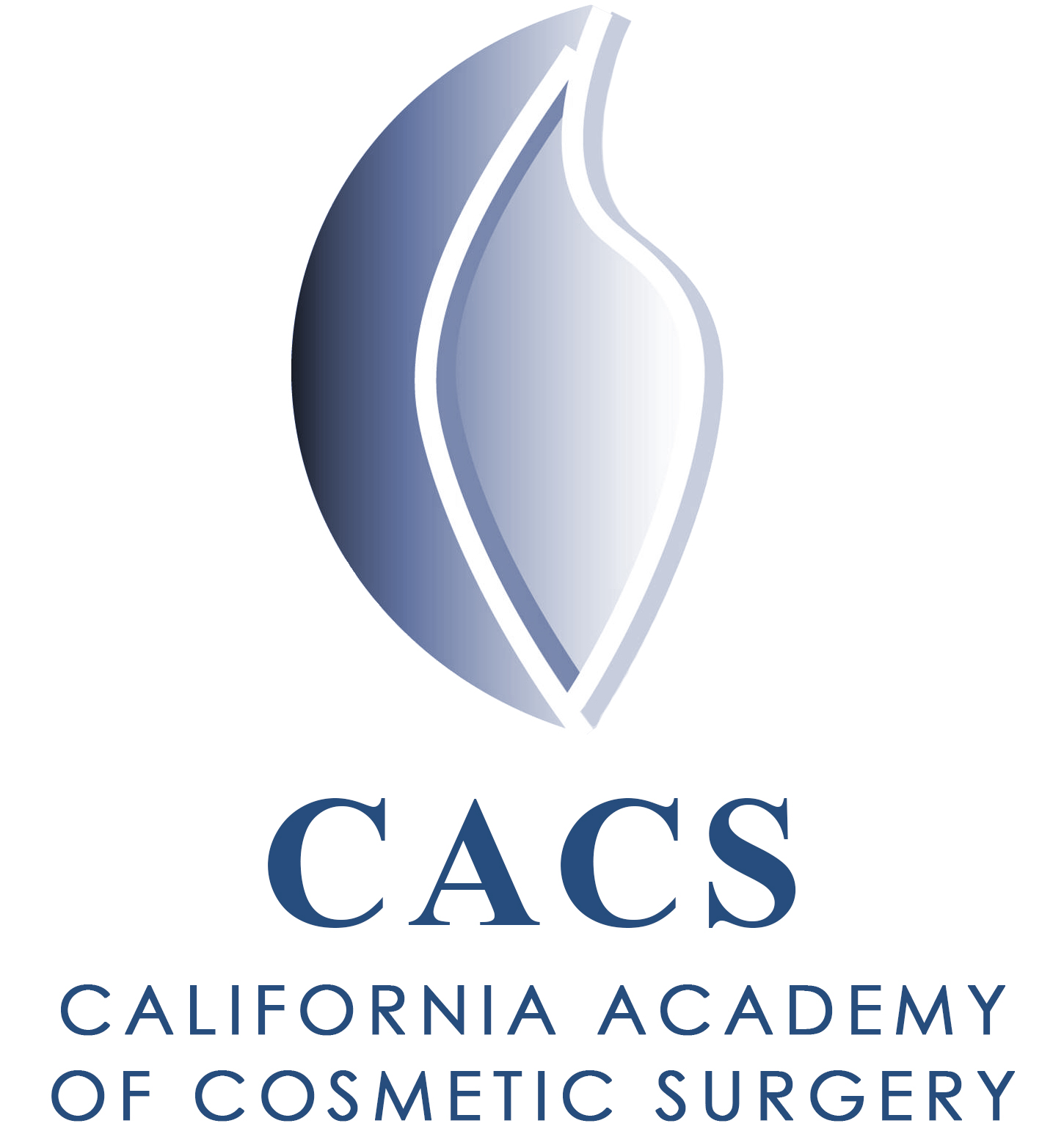What is the difference between cosmetic and plastic surgery?
Cosmetic surgery is a unique discipline of medicine focused on enhancing appearance through surgical and medical techniques. Cosmetic surgery can be performed on all areas of the head, neck and body. Because treated areas function properly but lack aesthetic appeal, cosmetic surgery is elective.
Plastic surgery is defined as a surgical specialty dedicated to reconstruction of facial and body defects due to birth disorders, trauma, burns, and disease. Plastic surgery is intended to correct dysfunctional areas of the body and is reconstructive in nature.
How does the education differ between a plastic surgeon and a cosmetic surgeon?
Because the procedures and outcomes of each are quite different, the training of cosmetic surgeons and plastic surgeons is also very different. As there are no residency programs specifically focused on cosmetic surgery, physicians pursuing cosmetic surgery have backgrounds that include medical school, a residency and/or fellowship program, preferably in a surgical specialty, usually followed by attaining board certification in that specialty, and post-residency training specifically in cosmetic surgery. This can be done through a cosmetic surgery fellowship program, as well as through workshops, seminars and lectures. Physicians with significant experience in cosmetic surgery become certified by the American Board of Cosmetic Surgery (ABCS), which has established a strict set of criteria to ensure experience and proficiency specifically in cosmetic surgery.
Plastic surgeons follow a similar path as many cosmetic surgeons. However, after finishing medical school they complete a residency and/or fellowship in plastic surgery, and then may become certified by the American Board of Plastic Surgery. At this point, a plastic surgeons additional training in cosmetic surgery is optional. If they choose, they may take steps to gain experience in cosmetic surgery through a fellowship training program, workshops, seminars and lectures, and then become certified by the American Board of Cosmetic Surgery after having completed the necessary requirements.
Board certification is extremely important in determining a surgeon’s qualifications. Each of the aforementioned certifying boards has very different requirements and measures a physician’s education and experience in different fields. It is important that the public as well as healthcare professionals understand these differences so patients can make informed decisions when choosing a surgeon for a specific procedure, whether it is a cosmetic or plastic surgeon. Education and patient safety are at the very core of the American Academy of Cosmetic Surgery (AACS) mission to advance the specialty of cosmetic surgery and quality patient care. As the only Academy for providing continuing medical education to cosmetic surgeons, AACS believes adhering to these principles provides the public with reassurance of the formal training and advanced education of cosmetic surgeons.
What does it mean to be “Board Certified”?
Board certification is one of the many yardsticks in determining a surgeon’s qualifications. It is important to ask your doctor about his or her credentials and study them carefully. Each certifying board has different requirements and measures a physician’s education and experience in different fields. Check your doctor’s board certification and professional society affiliation(s) and call the board or society to find out what the requirements are for membership.
All diplomates of the American Board of Cosmetic Surgery are certified by one of the member boards of the American Board of Medical Specialties (ABMS) such as the American Boards of Dermatology, Otolaryngology, Ophthalmology, Oral and Maxillofacial Surgery and Plastic Surgery. This provides some assurance of formal training in the fundamentals of cosmetic surgery. All of these specialty boards require at least four years of residency training in plastic and/or cosmetic surgical procedures and provide a solid base for the doctor’s skills.
Many of these board-certified physicians will then go on to complete the requirements to undergo the rigorous oral and written testing and scrutiny to become board-certified by the American Board of Cosmetic Surgery, which has established a strict set of criteria to ensure experience and proficiency specifically in cosmetic surgery.
The American Board of Cosmetic Surgery is the only certifying board exam devoted to examining a surgeon’s skill in cosmetic surgery of the face and body. It is an independent subspecialty board that examines and certifies physicians in general, facial and dermatological cosmetic surgery.
Eligibility requirements include:
- Spend a full year training exclusively and comprehensively in cosmetic surgery
- Perform a minimum of 300 individual cosmetic surgery procedures of the face, breast and body (recommended minimum requirement for plastic surgery residencies is only 55 cases)
- Receive additional in-depth training in non-surgical cosmetic procedures, including Botox & fillers, laser resurfacing, and skin care (plastic surgery residencies currently have no training requirements for these treatments)
- Perform and document an additional minimum set of cosmetic procedures following completion of 1-year fellowship
- Pass a comprehensive, rigorous 2-day oral and written exam covering all aspects of cosmetic surgery
For more information on the American Board of Cosmetic Surgery, consult their web site at www.americanboardcosmeticsurgery.org.
